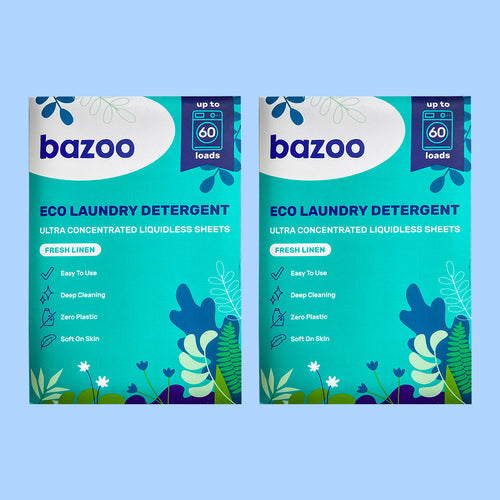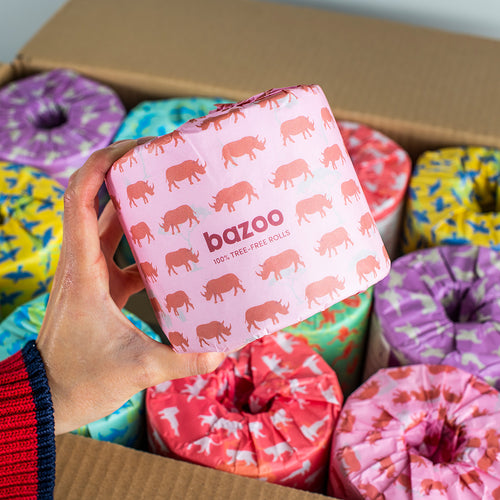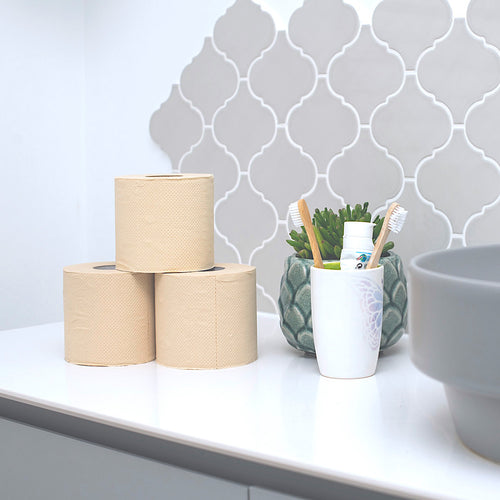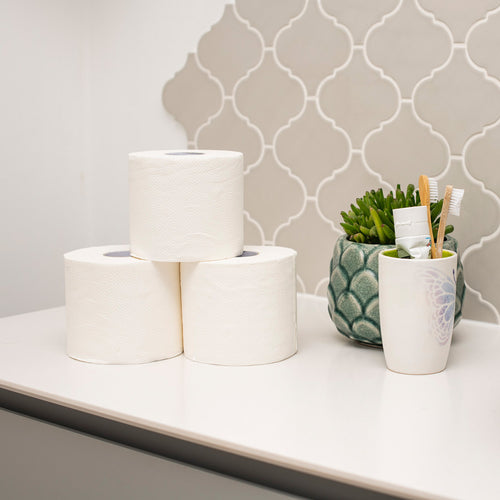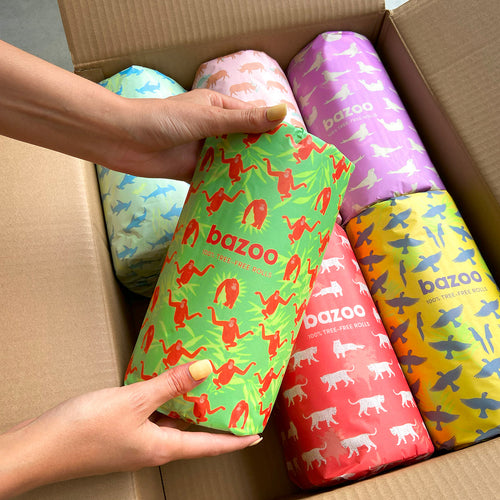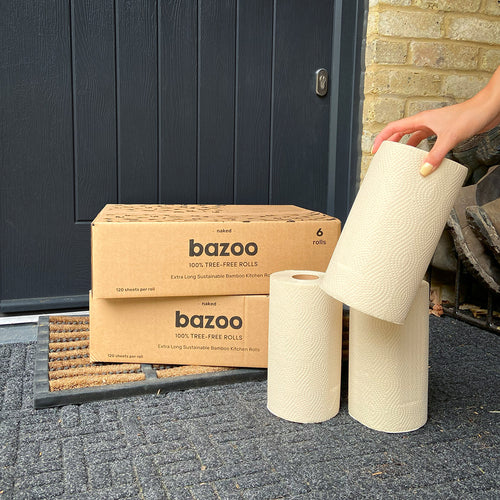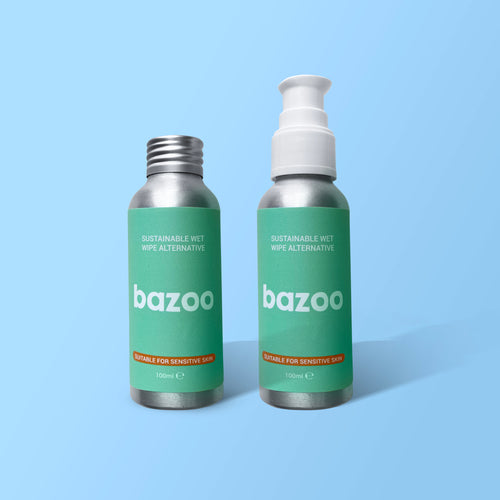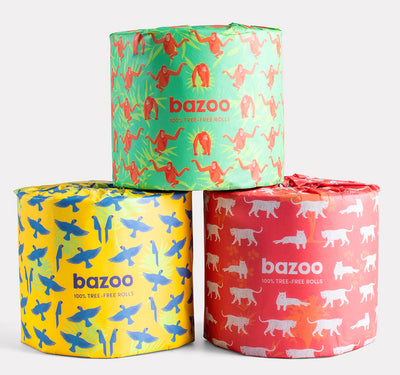The environmental impact of bamboo products is significantly smaller than ordinary products made from hardwood (regular) trees or other manmade or natural materials. In this blog, we take a look at why bamboo products are a great option if you’re looking to lessen your impact on the environment.
1. Bamboo products require less carbon emissions
There are less carbon emissions required when manufacturing bamboo products. This is because other materials, such as wood, need to go through lengthy processes when manufacturing and a lot more heat is required. For example, when making bamboo toilet paper, 65% less carbon emissions are used compared to normal trees and 30% less carbon emissions used compared to recycled toilet paper.
2. Bamboo products require less water
When the bamboo plant grows, it requires a lot less water (30% to be exact) than regular hardwood trees or other natural materials that are used to make products. The fact that bamboo requires less water means there is less wastage of water, and also less energy going into supplying any extra water when there is no natural abundance of rain.
3. Bamboo products are 100% biodegradable
The bamboo plant itself is fully biodegradable, meaning it will break down completely in many different conditions; such as water, compost and heat exposure. For example, bamboo toilet paper fully disintegrates and breaks down when flushed, and bamboo cutlery also fully decomposes when placed in a home compost environment. This means no long-lasting products made from other materials that are stubborn to break down and will be around for many years on rubbish heaps!
4. Bamboo requires no pesticides, irrigation or fertiliser
Bamboo plants are naturally self-generating, which means that they require no additional help to grow, or speed up the process of growing. There is no need for irrigation (which also uses and wastes lots of water) or fertiliser (which can be poisonous to humans and the earth’s ecosystems). Many other materials use chemicals such as fertiliser or waste lots of water in their manufacturing process.
5. No need for bamboo products to be chemically processed
There is no need for bamboo products to be chemically processed because their natural form of bamboo is already so close to perfect! The bamboo doesn’t need a load of harmful chemicals added to it in order to make it product friendly or usable, like in many other materials.
Also, an added bonus is that bamboo is naturally hypoallergenic and antibacterial! So, no need to chemically input any qualities or take away any impurities, as they are naturally found in bamboo anyway. A lot kinder to the environment and your skin!
6. Bamboo products absorb carbon dioxide and release oxygen
Bamboo plants in their natural form absorb 30% more CO2 and release 35% more O2 than regular hardwood trees used in many products.
7. Bamboo grows 30 times faster
Bamboo grows 30 times faster than regular hardwood trees and is ready to harvest within 3-5 years, compared to 30-60 years for hardwood trees. The land that bamboo is grown and harvested on has already started growing bamboo and self-generated completely within 6 months, whereas regular tree land is left desolate and damaged.
This means that, when using bamboo to make bamboo products, the entire harvesting process is quicker, more efficient (meaning less land is used for more produce) and uses the land much more sustainably.
In order to see a visual representation of the environmental impact of bamboo when used in products such as toilet paper, click here.
To try out some bamboo products such as toilet paper, and reduce your environmental impact today try Bazoo: the world’s first and only carbon negative toilet paper.
